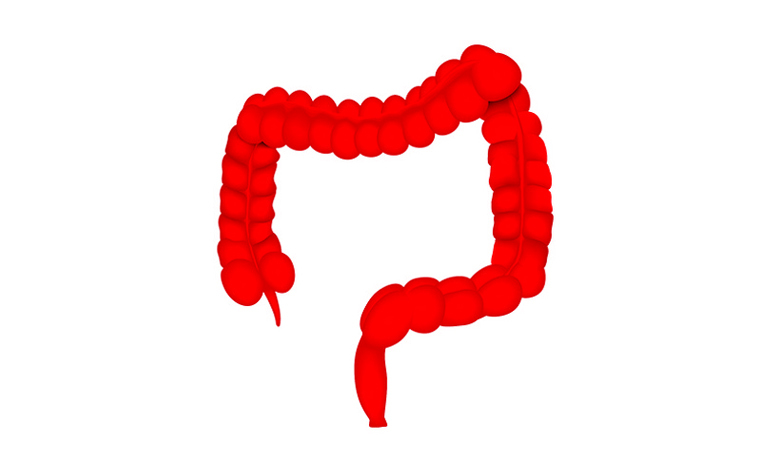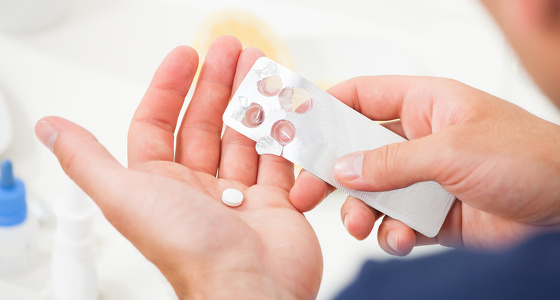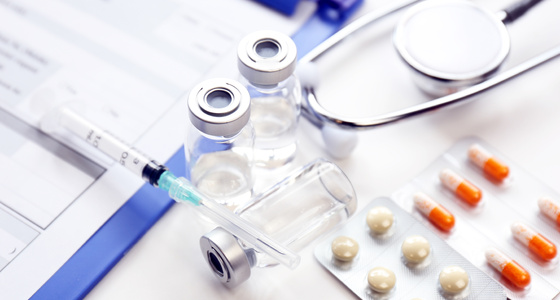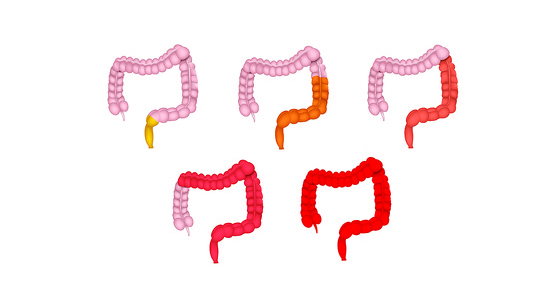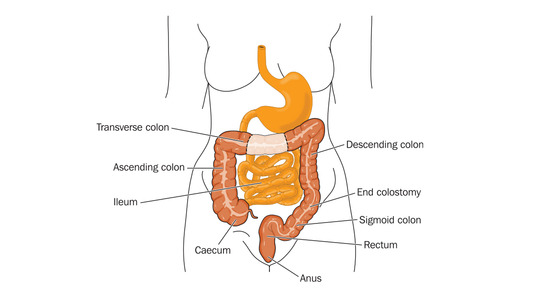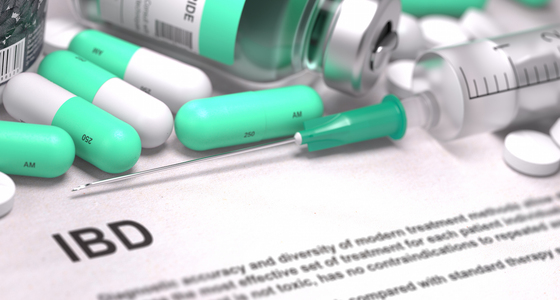What is pancolitis?
What is pan-ulcerative colitis (pancolitis)?
Pancolitis is a form of ulcerative colitis (UC) which affects the entire large intestine. It is a life-long chronic condition which cannot currently be cured and is part of a group of conditions known as inflammatory bowel disease (IBD).
It is thought that around 20% of people with UC have pan-ulcerative colitis.
Some people start with another form of UC - proctitis, proctosigmoiditis or left-sided colitis - but over time the inflammation spreads throughout their colon resulting in pan-ulcerative colitis.
It's full name is pan-ulcerative colitis, though is often referred to as just pancolitis, total colitis or universal colitis.
What is ulcerative colitis?
UC causes inflammation of the gastrointestinal tract (gut).
In UC small ulcers can develop on the colon’s lining which produce pus and mucus. This can cause abdominal discomfort and frequent emptying of the colon (diarrhoea).
What are the symptoms of pancolitis?
Typical symptoms of pan-ulcerative colitis include:
- Abdominal pain and cramps
- Diarrhoea with blood, mucus and/or pus
- Urgency to go to empty your bowels
- Tenesmus - feeling the need to pass stools despite bowel being empty
- Fatigue
- Weight loss
- Fever
- Night sweats
The symptoms of pan-ulcerative colitis
What treatments are there for pan-ulcerative colitis?
Treatments currently include medication and surgery. Some people have severely inflamed or damaged parts of their colon surgically removed. This can reduce or eliminate the symptoms of pan-ulcerative colitis, however it does not get rid of the disease and there is a risk that it will return to another area of the colon in the future.
Some people also make adjustments to their diet and lifestyle to support their medical treatment - such as exercise, improving quality of sleep, reducing stress.
What complications can occur with pan-ulcerative colitis?
- Cancer: People with pan-ulcerative colitis have a greater risk of developing bowel cancer, particularly if they have been suffering with UC for a number of years
- Colectomy surgery: It is also associated with a higher instance of colectomy (where all or part of your colon is surgically removed). This is because there is a greater risk of developing sudden and severe inflammation that requires urgent surgery
- Toxic megacolon: The colon can acutely dilate when the inflammation becomes very severe - known as toxic megacolon. Symptoms include fever, abdominal pain and distention, dehydration and malnutrition. With toxic megacolon there is a risk of colonic rupture
- Anaemia: Blood loss from the inflamed intestines can lead to anaemia which can be treated with iron supplements or sometimes blood transfusions
- Fulminant colitis: Fulminant colitis is a rare but severe form of pancolitis. People with this condition can suffer from dehydration, severe abdominal pain, protracted diarrhoea with bleeding and even shock. They are at risk of developing toxic megacolon and colonic rupture (perforation)
You might also be interested in reading...
